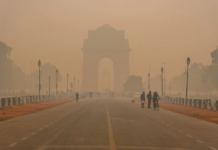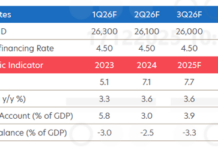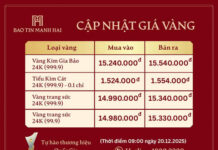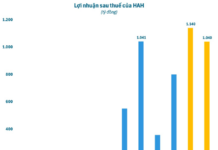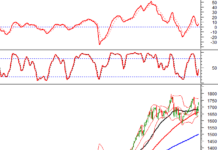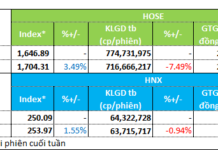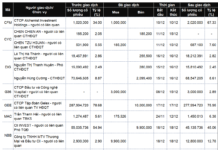After three months of extensive consultations with relevant stakeholders, the Animal and Plant Quarantine Agency of Korea (APQA) officially announced on its website the import requirements for fresh grapefruit from Vietnam to South Korea.
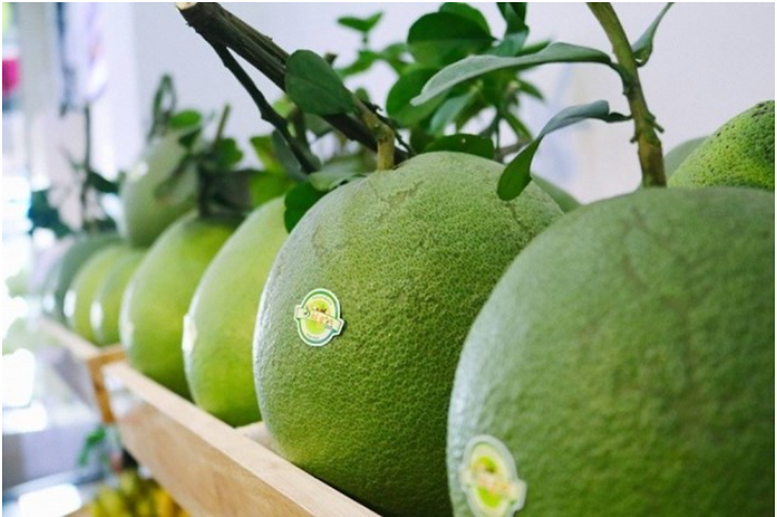
South Korea agrees to import grapefruit from Vietnam. Illustration
Since 2018, the Plant Protection Department has been working to open the South Korean market for Vietnamese grapefruit exports. However, negotiations only gained momentum after the COVID-19 pandemic.
After two years of dedicated efforts, active coordination, and information exchange to facilitate the pest risk analysis process, and numerous rounds of negotiations, the Plant Protection Department and the Animal and Plant Quarantine Agency of Korea reached a technical agreement during a bilateral meeting in April 2024.
On July 18, 2024, the Plant Protection Department also published on its website a draft of the phytosanitary and food safety requirements for fresh grapefruit from Vietnam imported into South Korea, so that interested organizations and individuals could familiarize themselves with these regulations.
Accordingly, regions growing grapefruit for export to South Korea must register their growing areas and packing houses. The fruit must be graded, heat-treated, packed, and labeled according to specified standards.
Export inspections will be conducted by South Korean and Vietnamese plant quarantine officers on 2% of the total number of cartons or 600 fruits per consignment. If live flies are detected, the consignment will be rejected, and export inspections will be suspended until the cause is identified and corrective actions are implemented…
With this development, grapefruit becomes the third fresh fruit from Vietnam permitted to enter the South Korean market, joining dragon fruit and mango.
“The approval for importing Vietnamese grapefruit into South Korea marks a significant step forward, opening up vast opportunities for Vietnamese agricultural products to access the international market while affirming the quality and reputation of Vietnamese agricultural produce in the global arena,” said the Plant Protection Department.

